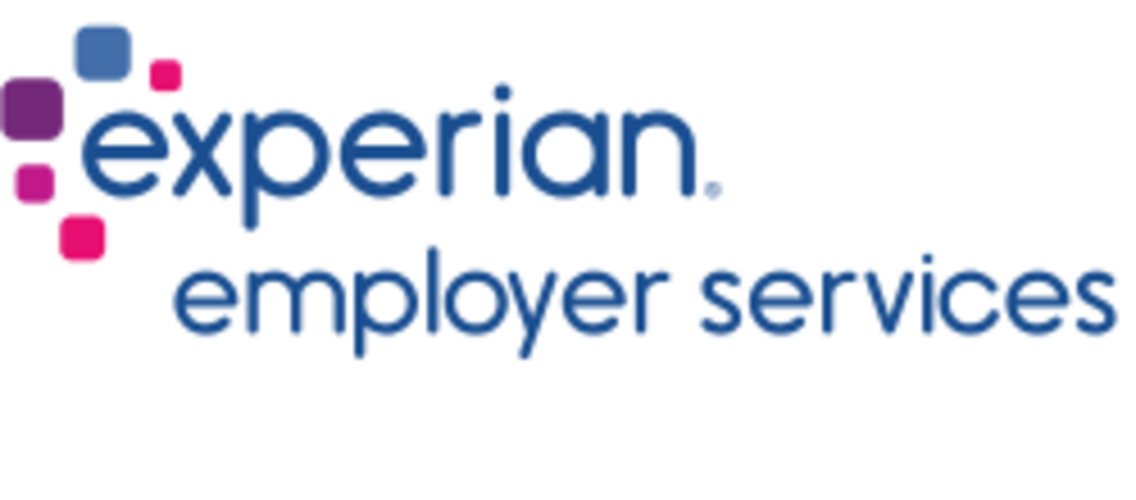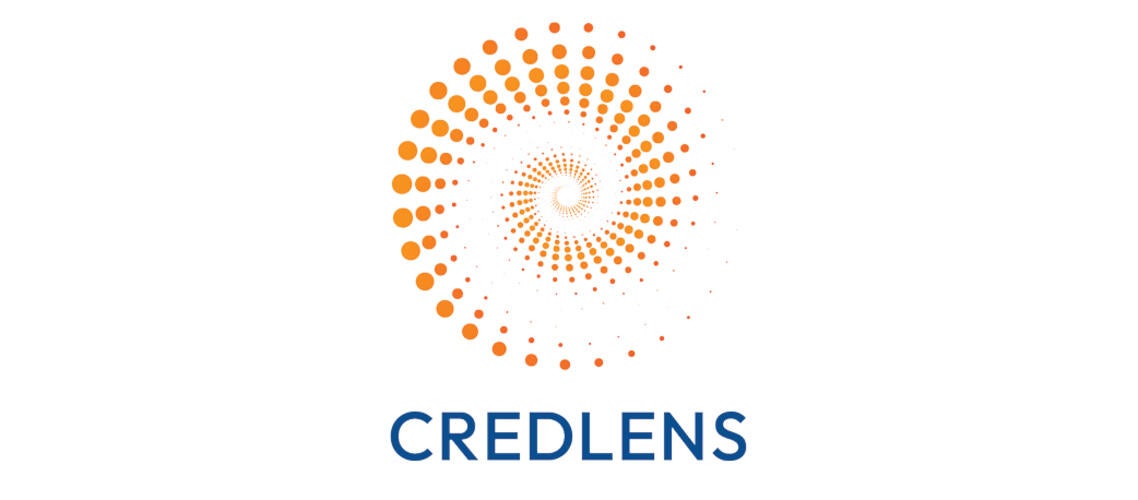Outcomes from Transitions in Education and Work: Developing a Scalable Regional Approach Meeting Report
Representatives of state agencies, philanthropic organizations, and research institutions from nine states gathered in Chicago to discuss approaches to measuring the outcomes from transitions in education and work. Participants were asked to focus on how to build a common framework across states and work through the important data and measurement issues that are necessary to build operational metrics for decision-making. After a series of presentations from agency directors, researchers and foundations, participants were assigned to three groups to address key operational questions.
All groups emphasized the importance of communication in any regional data sharing process and that reciprocity would be important for will-building. All groups noted that in order to get the most out of data-sharing at the regional level, the methods used to create metrics and analysis need to be transparent and reusable. There was a strong sense that classes and shared code can be helpful in achieving this vision of shared methodology. There was also recognition of the importance of produce products that had value to decision-makers.
One group was tasked with identifying a core set of metrics, datasets, and data products that are of common interest and that could form the basis for curriculum development. The group agreed that the initiative should focus on demonstrating value in the short term to build buy-in and political will for expanding a shared, regional approach. The immediate next step is for each State to identify existing data agreements that could be leveraged for this effort. A sample set of key metrics and datasets were identified that could be used by agencies at different stages of people’s transitions through educational programs and workforce participation. Two potential data products were identified that would be useful as examples. One was an exploration tool for senior managers. A second approach is to describe how two or more, groups differ for some specific outcome metric that could be defined by the user.
Another group discussed data governance approaches that could be applied at the individual project level, the contract level, and an enduring 'universal' level. The participants recommended that a working group of neighboring state agencies flesh out this framework, looking at which legal and oversight aspects of typical data sharing arrangements can be standardized into enduring agreements and which need to be dealt with for each individual project. An automation tool for some of the agreement process would be valuable and that such a system would need to have data stewardship at its core.
The third group focused on issues related to scaling the impact of any regional analytical partnerships. It was agreed that citizens and policymakers reap much more value from analytic products when they source data from across state lines. A working group with representation from the relevant states could establish enduring agreements and pipelines for this cross-state data sharing and standard templates for setting up further exchanges. The group also thought that a scalable approach could be analogous to a “community” extension program, where university-based agents work with state and local government agencies to distribute trusted information and receive back key insights on community needs and context, as a model for impact at scale.





























